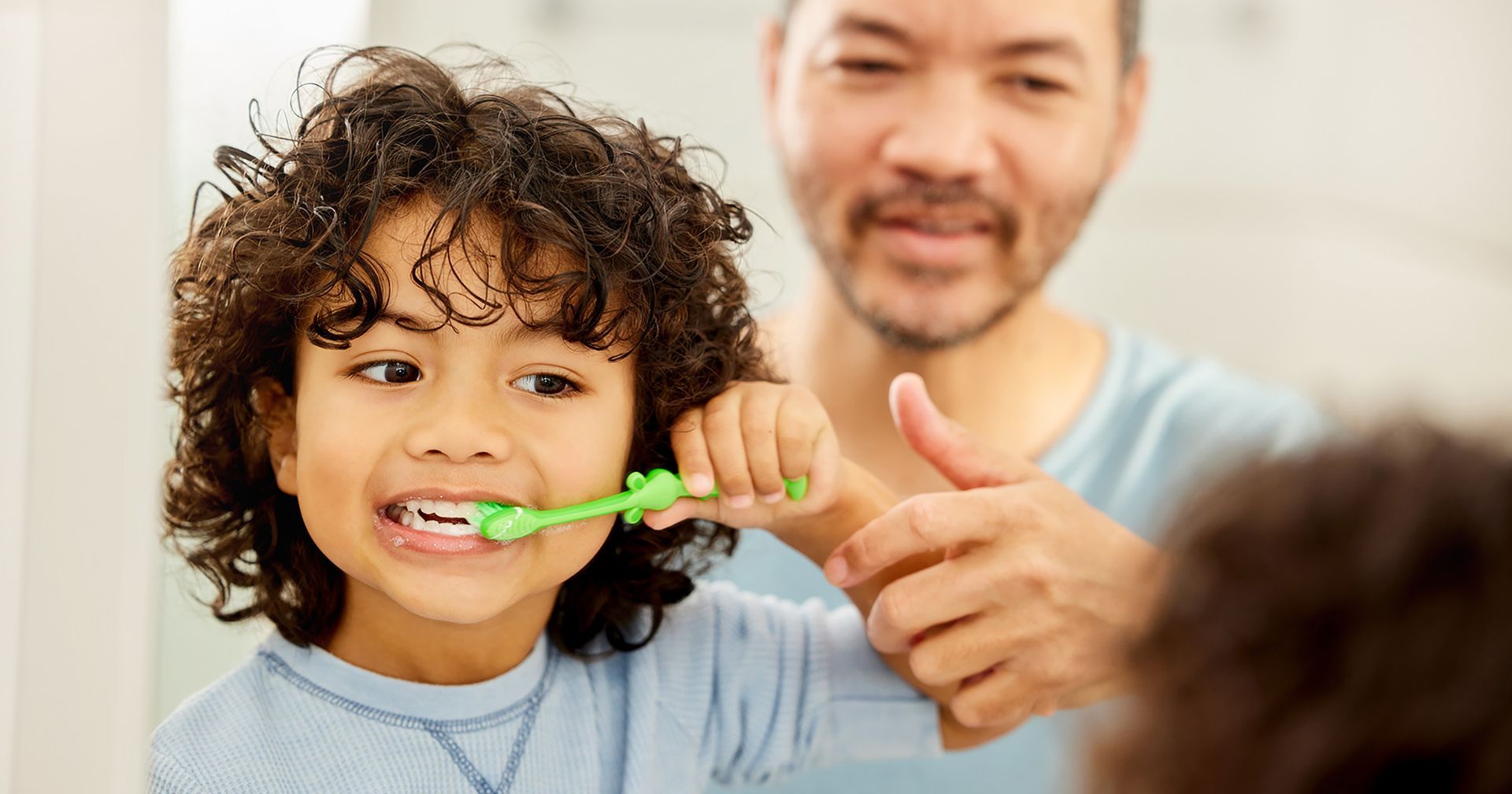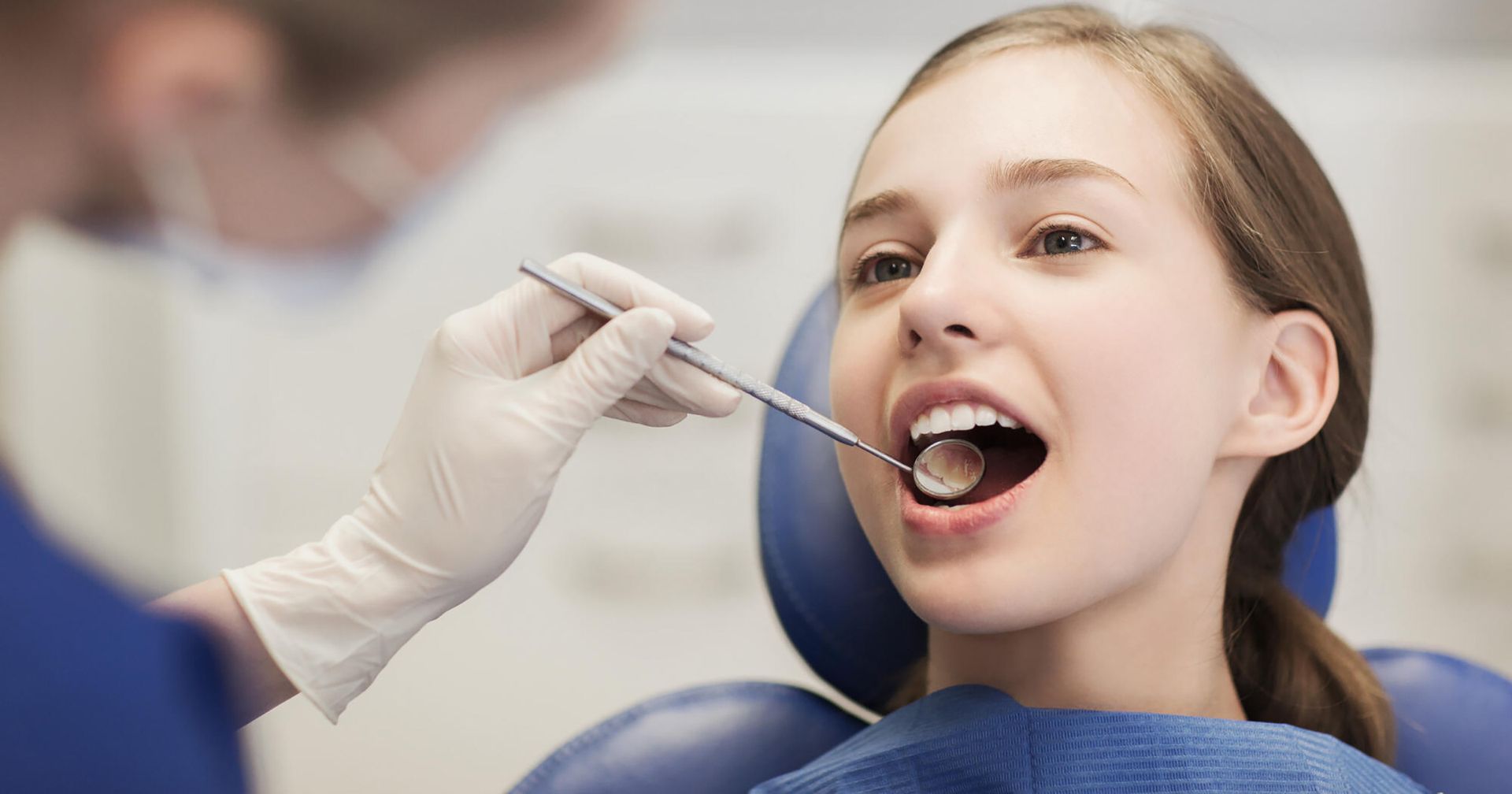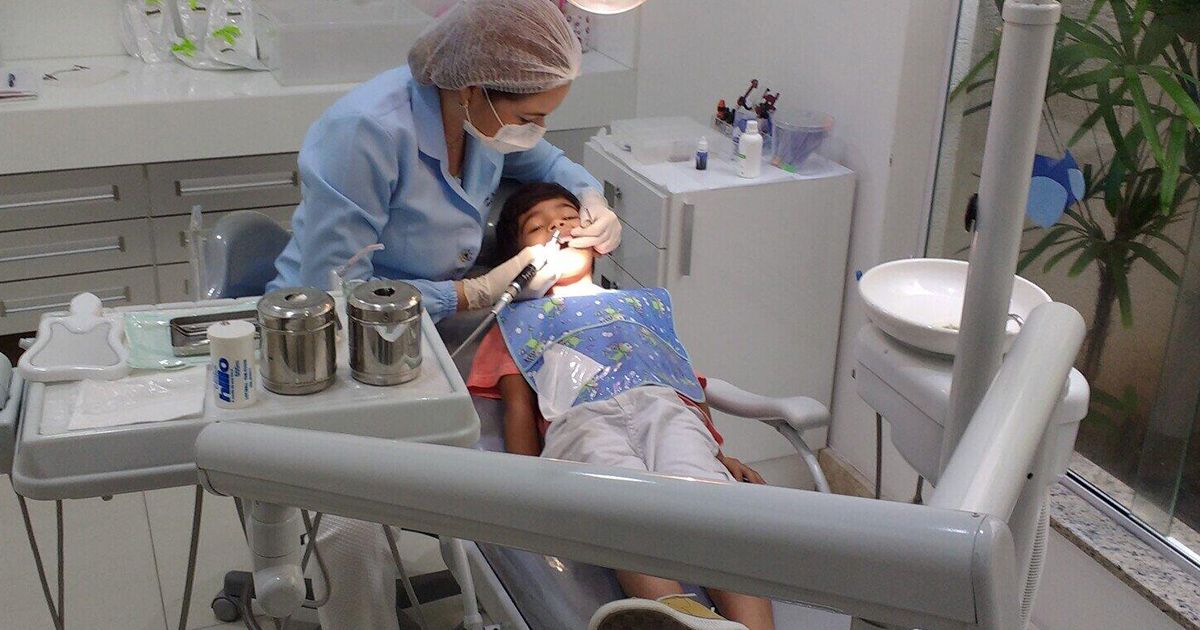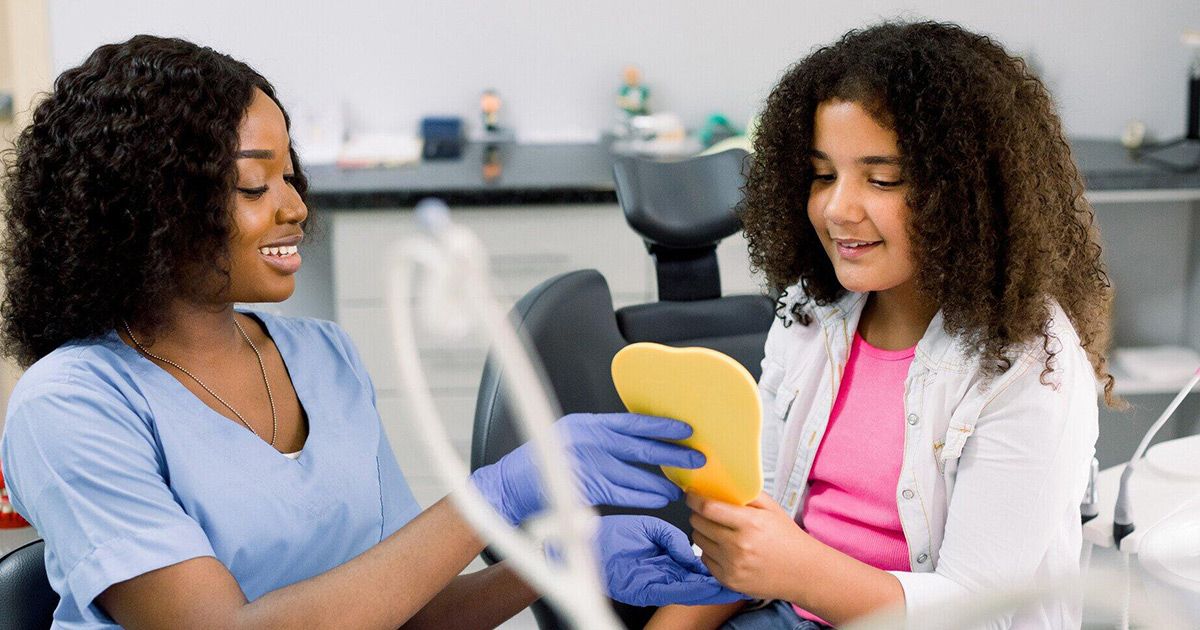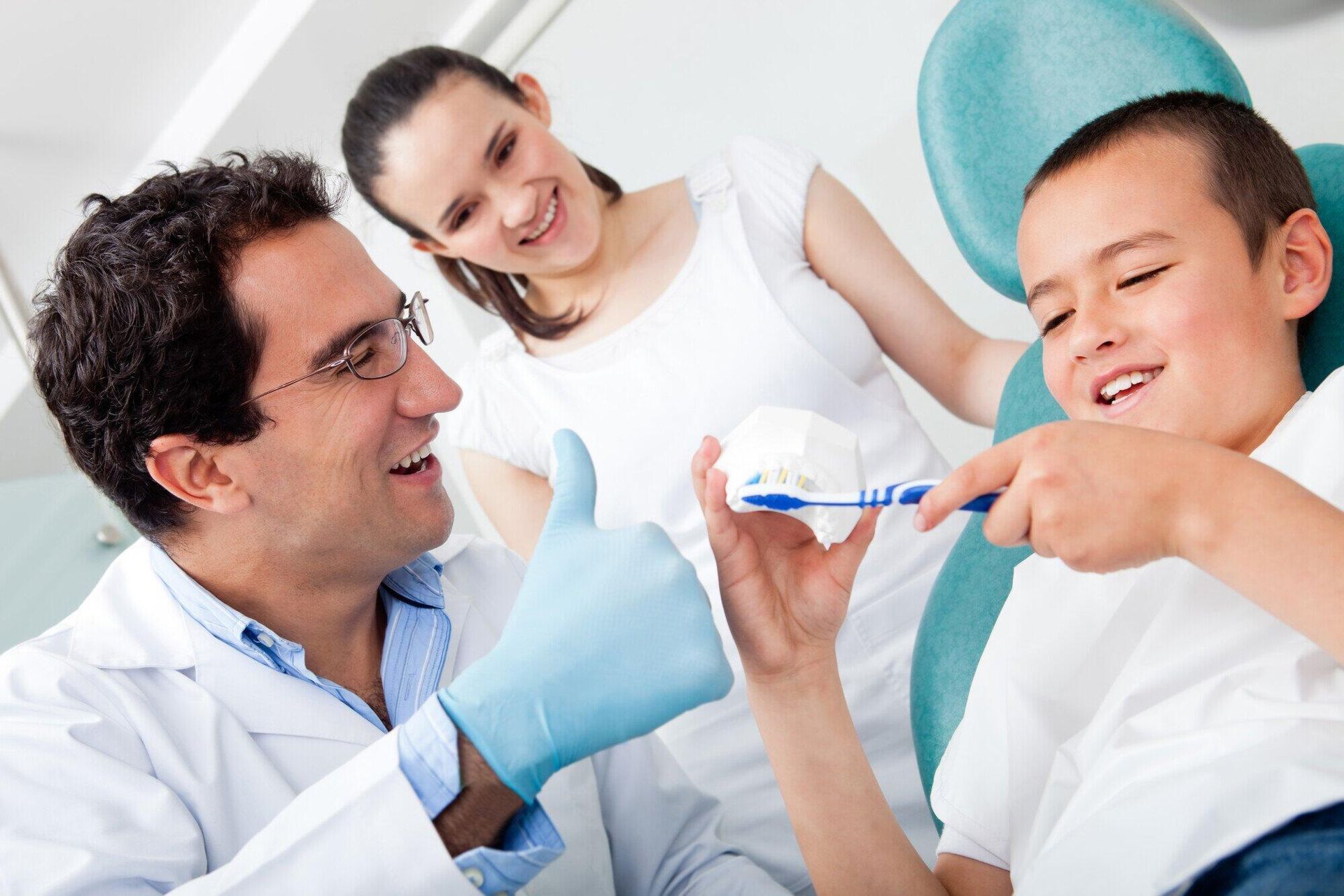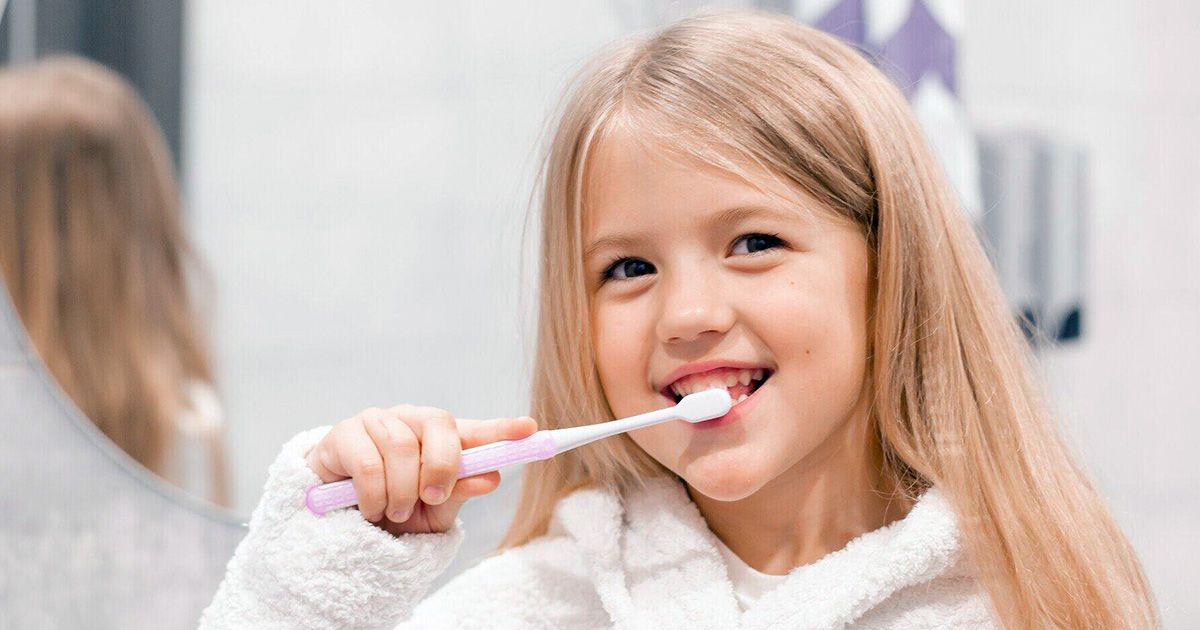Baby Teeth Matter: Why Early Dental Care Is Essential
When do you take your baby to the dentist? Learn why early dental care is essential for healthy baby teeth, preventing future issues, and promoting lifelong oral health.
Did you know that over 10% of children aged two to five have untreated cavities in their baby teeth, according to the CDC? This alarming statistic highlights the importance of prioritizing early dental care for children.
Many parents ask, "When do you take a baby to the dentist?" The answer is simple: as soon as the first tooth appears or by their first birthday.
Early childhood dental care ensures healthy baby teeth, prevents future issues, and promotes lifelong oral health. Good oral hygiene habits can help children avoid dental problems that may impact their overall health and well-being.
Keep reading to discover essential tips and best practices for maintaining your child's dental health!
The Importance of Baby Teeth
Baby teeth may seem temporary. However, they play a vital role in a child's overall health and development. Baby teeth, or primary teeth, serve crucial roles in a child's development.
- Facilitating proper nutrition
- Speech development
- Maintaining space for permanent teeth
- Boosting self-esteem
Neglecting baby teeth can lead to:
- Cavities
- Infections
- Potential issues with permanent teeth
Parents must understand the significance of primary teeth and prioritize early dental care to prevent long-term complications.
When Do You Take a Baby to the Dentist?
A child's first dental visit should occur when the first tooth emerges or by their first birthday. Early visits allow the dentist to do the following:
- Assess oral development
- Detect potential concerns
- Guide proper oral hygiene habits
Some parents assume that because baby teeth eventually fall out, dental care is not necessary. However, decay in baby teeth can lead to pain, infection, and difficulty eating.
Establishing a dental home ensures that children become comfortable with regular dental visits. It reduces anxiety and fosters a positive attitude toward oral health.
Early Childhood Dental Care Practices
Implementing proper dental care routines from an early age lays the foundation for lifelong oral health. Here are some essential practices.
Begin Oral Hygiene Early
Before teeth emerge, clean baby's gums with a damp, soft cloth after feedings. Doing this helps remove bacteria.
Brush With Care
Once the first tooth emerges, use an age-appropriate toothbrush with a smear of toothpaste. Increase to a pea-sized amount around age three.
Introduce Flossing
Start flossing when two teeth touch. Flossing helps remove food particles and prevents cavities between teeth.
Monitor Diet
Limit sugary snacks and drinks. Encourage a balanced diet rich in fruits, vegetables, and dairy products to promote strong teeth.
Avoid Bedtime Bottles
Putting a child to bed with a bottle containing juice or milk can lead to "baby bottle tooth decay." Opt for water if a bedtime bottle is necessary.
Schedule Regular Dental Visits
Make sure the child gets professional cleanings and exams every six months. It helps to maintain oral health and prevent future complications.
Preventing Common Dental Issues in Children
Being proactive about dental care can help avoid issues before they start. Awareness and proactive measures can prevent many common dental problems.
Baby Bottle Tooth Decay
Baby bottle tooth decay is caused by prolonged exposure to sugary drinks, especially during sleep. It allows harmful bacteria to produce acids that erode tooth enamel and lead to cavities.
- Avoid putting a baby to bed with a bottle containing anything other than water
- Clean the baby's gums and teeth after feedings
- Encourage drinking from a regular cup by age one
Thumb Sucking and Pacifier Use
This is a natural self-soothing behavior. However, prolonged habits can affect tooth alignment. It leads to potential bite issues and the need for orthodontic treatment later in life.
Prevention includes:
- Encourage weaning from pacifiers by age three
- Avoid harsh punishments; instead, offer comfort and distractions to break the habit
Teething Discomfort
An eruption of new teeth can cause soreness and irritability. It leads to increased drooling and a tendency to chew on objects for relief.
Prevention includes:
- Use chilled (not frozen) teething rings
- Gently massage the baby's gums
- Avoid teething gels with benzocaine for young children
Dental Injuries
The cause may be from falls, accidents, or sports activities. This can lead to chipped, broken, or knocked-out teeth if proper precautions are not taken.
Prevention includes:
- Childproof the home to reduce fall risks
- Encourage the use of mouthguards during sports
- Teach children not to use their teeth as tools for opening things
The Role of Parents in Children's Oral Health
Parents play a critical role in their child's oral health by instilling good habits early on. They also ensure regular dental checkups to maintain strong and healthy teeth. Here's how:
- Lead by example: Demonstrate good oral hygiene by brushing and flossing
- Make brushing fun: Use songs, timers, or special toothbrushes to make brushing enjoyable
- Educate on importance: Teach children about the benefits of healthy teeth and the consequences of neglect.
- Reward good habits: Positive reinforcement, like a sticker chart, can motivate children to maintain good oral hygiene
- Stay Informed: Consult with your pediatric dentist for personalized advice and updates on best practices
Choosing the Right Pediatric Dentist
Selecting a trustworthy pediatric dentist ensures your child receives specialized care in a comfortable environment. Consider the following when choosing a dentist:
- Qualifications and experience
- Child-Friendly environment
- Proximity
- Comprehensive services
- Positive reviews
Dental Studio 4 Kids offers pediatric dental care in a nurturing environment for families in Lutz, FL. Our team is dedicated to educating children on excellent oral hygiene and providing treatments.
The Connection Between Oral Health and Overall Well-Being
Oral health is closely linked to overall health. Poor dental hygiene in children can lead to the following:
- Pain and discomfort: Cavities and infections can cause severe pain, affecting a child's ability to eat and sleep
- Poor nutrition: Difficulty chewing due to dental issues can result in inadequate nutrition
- Speech and developmental issues: Tooth loss or decay can impact speech development and confidence
Ensuring a Bright Future With Healthy Smiles
Early dental care is not only about preventing cavities. It's about setting the stage for lifelong oral health.
Many parents ask, "When do you take a baby to the dentist?" The answer is when the first tooth appears or by their first birthday.
At Dental Studio 4 Kids, we specialize in pediatric dentistry, offering preventive care, education, and treatments tailored to children's unique needs.
Schedule an appointment with Dental Studio 4 Kids today and give your child the best start for a lifetime of healthy teeth!


